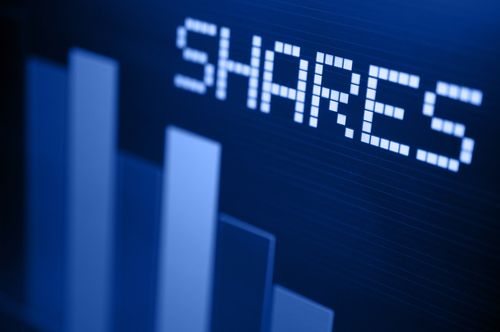
One of the most difficult concepts to explain to investing beginners is how shares are valued. The driving force behind a share price and what causes some shares to be so volatile? When you buy a share, you are buying a part of a company. However, the price of that company can go up and down at any given time.
For instance, you bought some shares for company XY in the last six months for ZWL50.00. If you look at the share price today, you may see that the price may have gone down to around ZWL 23.00. That is a decline of more than 50%. This also means that the value of the company went down by more than 50% as well. The price can also increase meaning the shareholder can make a profit hence the need to understand the mechanics surrounding the rise and fall of share prices.
There are a number of factors that determine the price of shares on a stock exchange. It is important for investors to understand how the price of a share is arrived at so they can make informed decisions on their investment portfolios. Several factors determine the price changes in a share.
The Initial Public Offering price per share and the actual mechanics of what happens may be considered complicated, but the basic idea is simple economics: the price is set as the number which balances supply and demand. Specialists such as financial analysts, fund managers and securities dealers carry out calculations and valuations to determine the initial or opening price of a share when it gets listed on a stock exchange.
The secondary market of an exchange functions like an auction meaning buyers and sellers of securities are lining up on either side for a potential trade, one party willing to buy and the other willing to sell its ownership. When the two agree on a price, a trade is matched and that becomes the new market quotation. Because the stock market functions like an auction, when there are more buyers than there are sellers, the price has to adapt or no trades are made. This tends to drive the price upwards, increasing the market quotation at which investors can sell their shares, enticing investors who had previously not been interested in selling to sell. On the other hand, when sellers outnumber buyers, there is a rush to dump shares and whoever is willing to take the lowest bid sets the price resulting in a race-to-the-bottom.
Stock Exchanges that operate sophisticated systems track security prices in real time and every time there is a trade the volume-weighted-price of that share is re-calculated. This recalculation also gives a revised market capitalisation of that particular share as well as that of the entire market.
There are other events that affect share prices. Some of these events include but are not limited to performance of the industry in which the company operates in. Any positive sentiments within a particular industry tend to push demand for stocks in companies that operate in that industry and vice-versa.
Share prices are also influenced by the general economic performance at any given time. Stock markets are usually a good indicator of the state of the economy. A well performing economy reflects in higher and more sustainable activity by long term investors on the local bourse. Major political, economic and social events that occur in the country can indirectly affect a company listed on an exchange. Another factor is the market itself. While a share may rise and fall on its own merits, it may also benefit or suffer just by being in a market that is on the rise, called a ‘bull market’ or a market that is on a retreat, called a ‘bear market’.
- Chamisa under fire over US$120K donation
- Mavhunga puts DeMbare into Chibuku quarterfinals
- Pension funds bet on Cabora Bassa oilfields
- Councils defy govt fire tender directive
Keep Reading
There are certain market conditions which require investors to take quick action before prices change. This is made simple by the C-TRADE platform which enables any Zimbabwean in and out of the country to buy shares anytime anywhere without visiting a stockbroker. C- TRADE has investor interface tools such as a Web Portal which is only accessible to retail investors. The Web Portal offers an advanced interface which allows investors to participate on the exchange in real-time through personal computers and gives them rich stock market information. There is also an app-based solution for retail investors on smart phones. The USSD-based solution is targeted at non-smart phone users and integrates mobile money services. To find out more about C-TRADE visit www.ctrade.co.zw.
The C-TRADE platform is convenient in that it allows investors to choose from two marketplaces; the Zimbabwe Stock Exchange and the Financial Securities Exchange with each market catering to the varying preferences of investors. Plans are underway to ensure the Victoria Fall Exchange (VFEX) comes on board.











